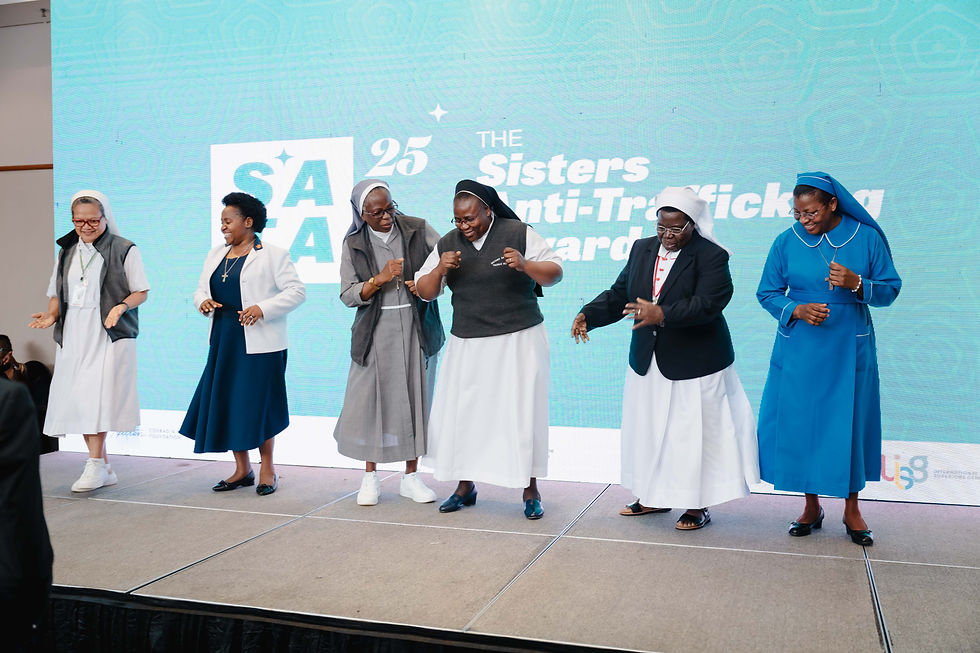Arise trustee ensures that UK protects most vulnerable in global supply chains
- Arise

- Jul 1, 2020
- 2 min read
Updated: Nov 17, 2021
This week Arise Trustee Lord Alton of Liverpool secured a human rights amendment to the Telecommunications Infrastructure (Leasehold Property) Bill. Lord Alton’s amendment ensures that telecoms operators serving leasehold properties, such as blocks of flats, would not be able to use telecoms infrastructure to breach human rights. While narrow in scope, the amendment establishes a new human rights threshold which blazes a trail for other industries. It is the most significant legislative advance in supply chain transparency since the Modern Slavery Act of 2015. Unless Lord Alton withdraws the amendment, it will go back to the House of Commons where there is cross-party support for it, and is likely to become law.
Facing the prospect of a government defeat, the Minister, Baroness Barran, promised to bring forward a government amendment which would seek to achieve the same goals at Third Reading - the last stage of the Bill. In addition to Lord Alton's amendment, therefore, Third Reading will carry two human rights focused amendments: one from the Government, and Lord Alton's. The Government hopes that their amendment will be sufficient to persuade Lord Alton to withdraw his amendment, which he is unlikely to do unless the Government's proposal imposes a human rights threshold with legislative "teeth".
It is estimated that 25 million people are trapped in forced labour worldwide, with 16 million of them exploited in the private sector. This exploitation is commonly linked to the complex global supply chains providing our daily goods and services. From phones to food or clothes, there is little that we consume that can confidently be said to have been created without slavery. This extends not only to physical goods, as most people think of, but also to our digital consumption and our infrastructure.
The rise of multinationals, coupled with ever increasing demand for cheap goods, has increased the urgent need to hold companies to account. Currently, under the UK Modern Slavery Act (2015), companies with a turn over of above £36 million are required to submit a Modern Slavery Statement annually but are not under any requirement to address any modern slavery found within their supply chains. Disturbingly, there are no enforcement provisions, so companies which falsify statements are not subject to penalties - this is left to civil society, according to the UK Government.
Arise believes that Lord Alton’s amendment provides a vehicle for UK legislation to begin to monitor the digital supply chain of global telecoms businesses, and is proud of his indefatigable commitment to human rights and skill as a parliamentarian. Unlike those, who might be tempted to make 'perfect the enemy of the good', Lord Alton seized a parliamentary opportunity, and has used it to significant effect - forcing a change in government policy around supply chain legislation. This is a welcome and necessary step in ensuring that the UK protects the most vulnerable in global supply chains.








Comments